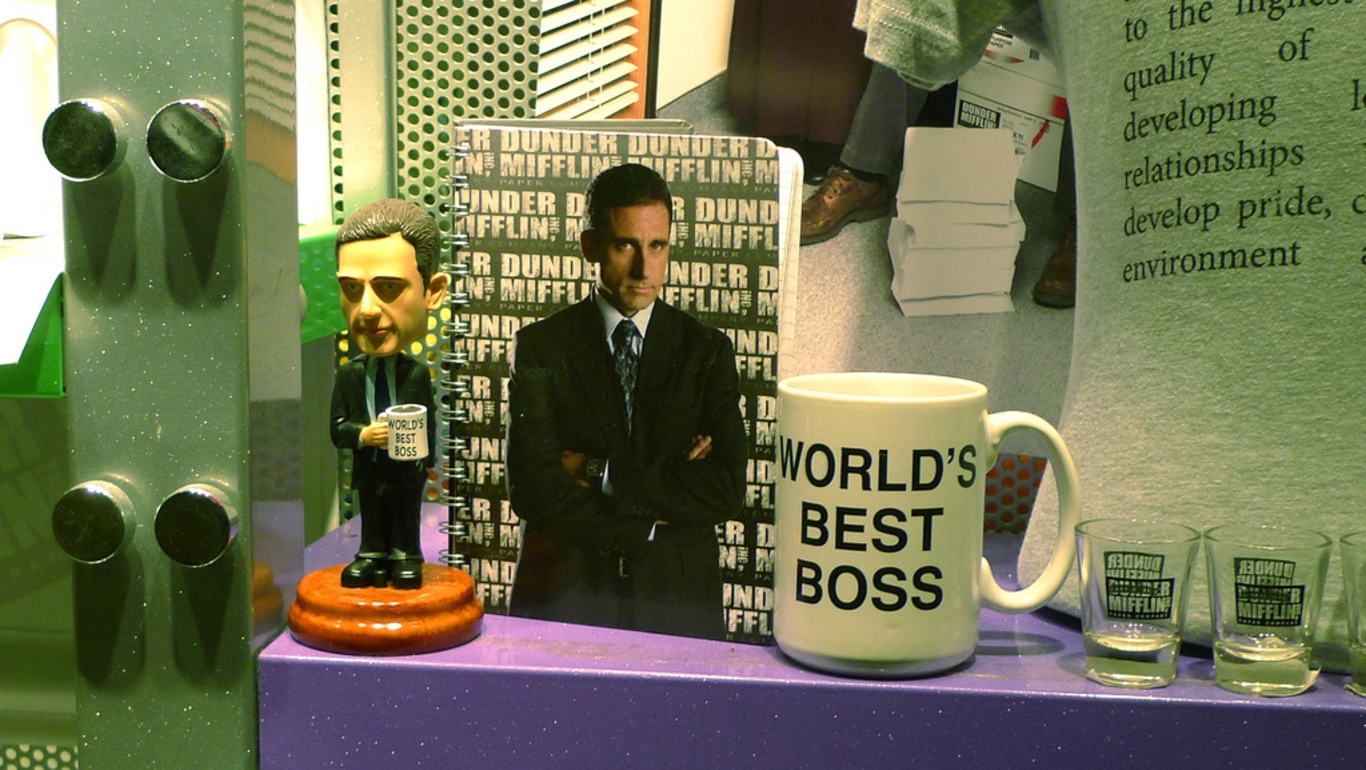The art of avoiding office politics and earning respect in the workplace as a leader
Here’s a guide for those rising through the ranks in the business world.
LEADERSHIP TRANSITIONS HAPPEN every day, but they’re usually small instances.
An employee gets promoted to a managerial position or in some cases a department head is tasked with spearheading a new company initiative. Occasionally though, they’re more significant and can have considerable implications for the organisation.
When a new board-level leader is appointed or a new political leader elected, as we have seen recently, this is an opportunity to set a new organisational vision or get a fresh perspective.
This is also the chance to secure trust early on from both board members and staff, but doing so is a bit like walking on a tightrope.
Transitions are when organisational challenges and differing personalities come to a head. Understanding how to navigate these can make or break the a leader’s success.
Overcoming office politics
Every single one of us is unique in how we communicate, how we think, how we interpret things, how we work and what motivates us.
These differences can detract from getting real work done if you allow them to be a distraction or, worse, to become battle lines used in the war of office politics.
It is the new leader’s responsibility to set the tone for the organisation and to dictate the working order. During times of transition, people are more likely to test the limits and see where their boundaries lie.
In order to keep communication breakdowns from getting in the way, it is actually best to bring light to differences rather than trying to hide them.
Once differences are identified, give your employees two things: a positive framework for understanding them and a common vocabulary by which to refer to them.
For example, when I work with clients I coach them on the nuances of being assertive. We all assert ourselves, but the style and pace with which we do so varies.
By giving teams a common definition for assertiveness and highlighting the benefits of the different approaches, the behaviour is no longer used as a weapon that breeds distrust and frustration.
Earning Respect
Contrary to popular belief, there is not one ideal leadership style. Per my earlier point, every person has a unique approach to life, and that results in every employee needing something different from their leader.
That doesn’t mean you need to be all things to all people all the time. Instead, earn the respect of those you lead by being self-aware and then adapting to reflect what your employees need in the moment.
Start by owning your strengths. People will see through it when you try to be someone you’re not. But also be aware of how your strengths – and blind spots – affect others or the organisation.
An unaware leader opens the door to miscommunication, misplaced assumptions, and the erosion of a leader’s credibility. Follow the platinum rule: Treat others the way they want to be treated.
You might be a detail-oriented, methodical leader – and that’s great. Your employees will appreciate your focus on process, efficiency and leaving no stone unturned.
However, 50% of the general population has a preference for ‘conceptual thinking’, and will truly benefit from having a vision presented to them and working with a picture of the end goal in mind.
Forging ahead
Don’t seek to be a replica of your predecessor. Focus on what is needed today and tomorrow, not by looking in the rear-view mirror. A leader who sees the organisation through a new lens may be the best prepared to recognise and seize new opportunities.
To do this, you will need to communicate in such a way that your message connects with all stakeholders.
A one-size-fits-all approach to communication will fall flat to a portion of your organisation. Vary your message and delivery to ensure there’s something for everyone.
For example, one-third of the global population is on the gregarious end of the expressiveness spectrum. These employees will appreciate a town hall setting where they have the opportunity to ask questions of the new leader and pose points for consideration.
Don’t be fooled though if one-third of your team doesn’t seem to contribute – those on the introspective end of the expressiveness spectrum will actually appreciate the opportunity to listen and hear from others.
Just make sure to allow for follow-up emails or one-on-one debriefs since this cohort processes information internally rather than by talking it through.
The world will present enough of its own challenges, and far more than I can outline in a single article.
By recognising and appreciating the differences in people, a new leader can spend less time navigating the people aspects of running an organisation and more time on leading the company.
Sinead Devlin is the EMEA managing director at Emergenetics.
If you want to share your opinion, advice or story, email opinion@fora.ie.






